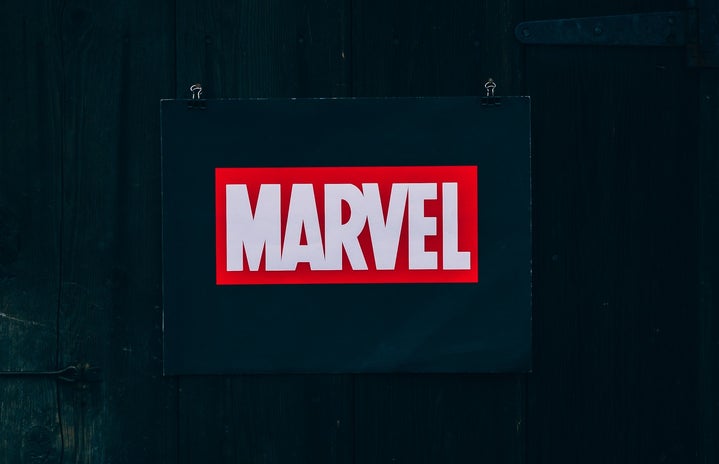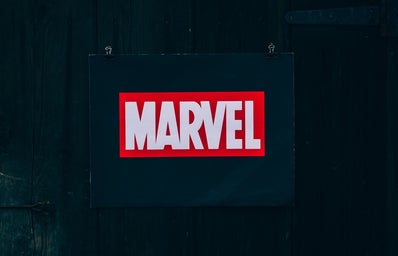Warning! This article contains some spoilers for WandaVision and Avengers Endgame.
After a year-long Marvel drought, 2021 not only marked the beginning of the MCU’s Phase 4 but also the start of the studios’ Disney+. I always feel excited and giddy waking on Friday to see the next installment of WandaVision or Falcon and the Winter Soldier. Suffice to say, I use Disney+ a lot nowadays. On one of these occasions, I saw a curated list of Disney-owned movies labeled, ‘Women-led stories’ and decided to check it out. I thought it would be a good way to unwind and also celebrate International Women’s Month. A number of the listed films were, of course, MCU movies as Marvel Studios have given women of all ages many strong female heroines to look up to. However, I noticed another trend. One: most of these women were not the lead in their own movies and were usually relegated to a supporting role. Two: very few of these characters were women of color.

EMPOWERED OR SIMPLY POWERED?
Although Marvel has produced culturally significant movies such as Black Panther and Captain Marvel, its rocky start when it comes to diverse representation still haunts them. Back in Phase 1 and 2, all of its movies had white male leads with Black Widow being their only female action hero for the longest time. Emphasis on action hero, and not just a love interest that’s there to humanize their male counterparts. While fans expressed great interest in a solo Black Widow movie, Marvel would fail to provide this 11 years after her first appearance in 2010 and after…well, she died in Avengers Endgame.
On the front of racial diversity, Phase 1 and 2 of the MCU saw characters of color only taking on supporting roles in their movies and this trend has continued into the present day, even with the inclusion of their revolutionary Black Panther. In fact, an op-ed posted by Inverse stated that black characters take up 20% of all characters in the MCU. However, when discounting Black Panther, this already small number drops to a shocking 11%. This doesn’t even touch on the fact Marvel has whitewashed several of their characters in the past. For example, Doctor Strange’s The Ancient One was supposed to be an Asian mentor for the titular character but was recast to be played by Tilda Swinton. Wanda and Pietro Maximoff (aka the Scarlet Witch and Quicksilver) were also written in the comics to be children of Jewish and Romani parents. Although Elizabeth Olsen plays a fantastic and nuanced Wanda, the character’s cultural origins have always helped emphasized the narrative of Wanda being wrongfully perceived as a threat (whether as a superpower individual or a POC) to many readers.
Marvel clearly wants to do right by their audience, but will sometimes miss the mark. This was the case when the directors of Avengers Endgame claimed that “representation is really important” upon announcing ‘Marvel’s first gay character’ in their film, yet wound up being a one-off character that did not bear any significance to the plot. Although well-intentioned, sometimes the efforts come off as performative.

WHY SHOULD THIS MATTER?
But Nyle, you may be asking, why does this matter? These are just action movies and do not affect the status of the real world. Well, let me turn you to an interview Anthony Mackie (who plays Sam Wilson or Falcon) did where he claimed that Marvel had a ‘diversity problem’. In this interview, he shared that out of the 7 movies he did with the Studios, rarely was he allowed to work with POC co-actors, directors, and crews. Yet when Black Panther came, Marvel Studios readily hired a black cast and black crew. Mackie asked the poignant question, “if you only can hire the Black people for the Black movie, are you saying they’re not good enough when you have a mostly white cast?”
His interview really opened my eyes to how real this issue can be as these movies are not only limit people of color on the silver screen…it’s also limiting people of color behind the scenes. In fact, there may even be systematic and executive powers at play when it comes to this lack of diversity, especially during the MCU’s Phase 1 and 2. All in all, it does affect the status of the real world. Especially to the people involved.
Either way, the Russo brothers’ words remain true — representation really is important. Whether it be for the people acting or producing these movies. The only thing Marvel needs to do now is making good on those words.
LOOKING TO THE FUTURE
Despite this past, there is still hope for a more inclusive MCU. The start of Falcon and the Winter Soldier last March 19 marks Marvel having another black lead and Shang-Chi and the Legend of the Ten Rings will feature Marvel’s first-ever Asian lead. TV shows like Hawkeye, Miss Marvel, and Iron Heart all feature women of color as the titular character. With the potential promise of the return of Billy and Tommy (Wanda’s twins in WandaVision, who are both confirmed LGBT in their comics) as teenagers, Marvel Studios might also have the opportunity to give representation to the LGBTQ community. A proper one this time.
Marvel can do more. They can do more and should do more — for the heroes in front of the camera as well as the heroes behind it.



